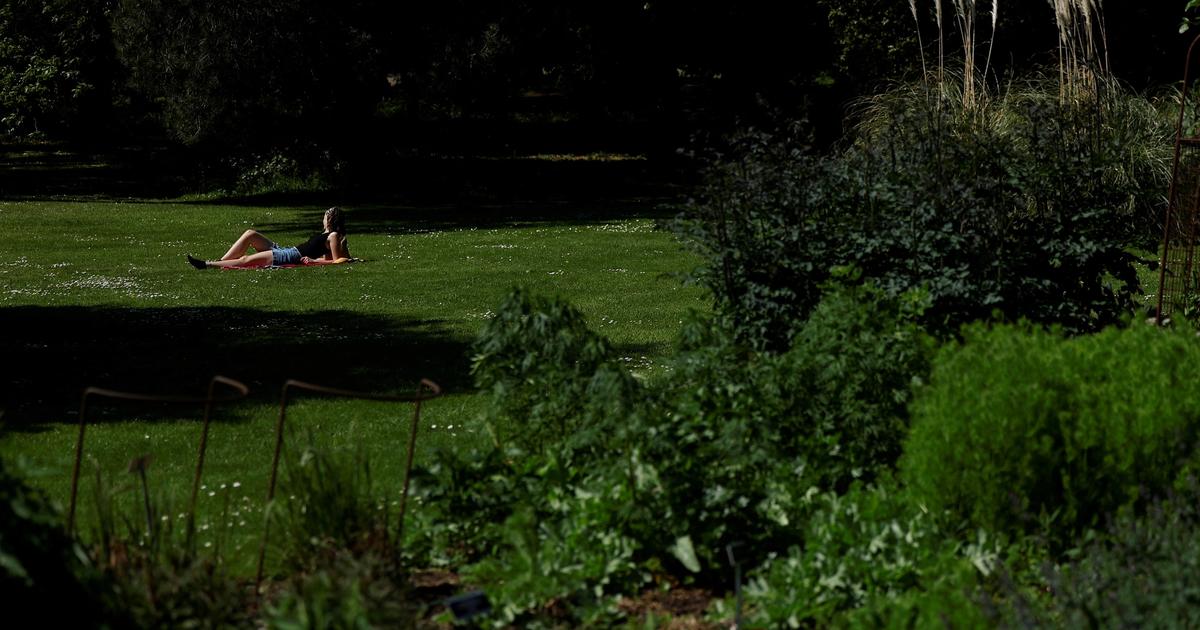In the 1970s, if you wanted to understand a company’s worth, you could literally kick the tires. More than 80% of S&P 500 companies’ assets were, in accountant-speak, “tangible” — buildings, inventory, land, and securities with measurable value. Today, it’s about 10%. The rest is a corporate ectoplasm of code, data, and brand power. Marriott is a hotel company that doesn’t own hotels. Delta Airlines’ credit card partnership is more profitable than its airplanes.
This shift from hard assets to soft ones isn’t necessarily bad. It mirrors the broader pivot in the US economy from manufacturing to services, which are more profitable and less vulnerable to outsourcing. The US economy has been literally getting lighter for decades, as Alan Greenspan noted a quarter-century ago. (The Trump administration is now keen to reverse this.)
But the wealth being created today is a haze of licensing agreements and magic beans. I recently wrote about the dangers as fuzzy collateral replaces hard assets. Lenders are more easily bamboozled by fake spreadsheets than by fake factories. Bets on whether a sub-95-mile-per-hour fastball will hit the dirt can, it turns out, be rigged.
When I got my copy of The Land Trap, a new book about the world’s oldest and most tangible asset, my first question was: wait, why? Watching crypto bros get rich on hype is hardly a call to revisit the value beneath our feet, and I wondered whether author Mike Bird was shouting into the wind the same thing that social psychologists are: Go out, touch grass.
But The Land Trap will be a told-you-so corrective if and when those intangibles crumble to dust. Land is a unique asset, at the center of booms and busts since Babylon, and will be here long after Meta or Microsoft or Google try to wriggle out of their data-center leases, should the AI buildout prove to be overdone. “The fact that the new economy is so difficult to value raises the importance of land,” Bird told me last week. “It seems to come up again and again and again, even as the economy has become much more incorporeal.” Go out, touch grass.

